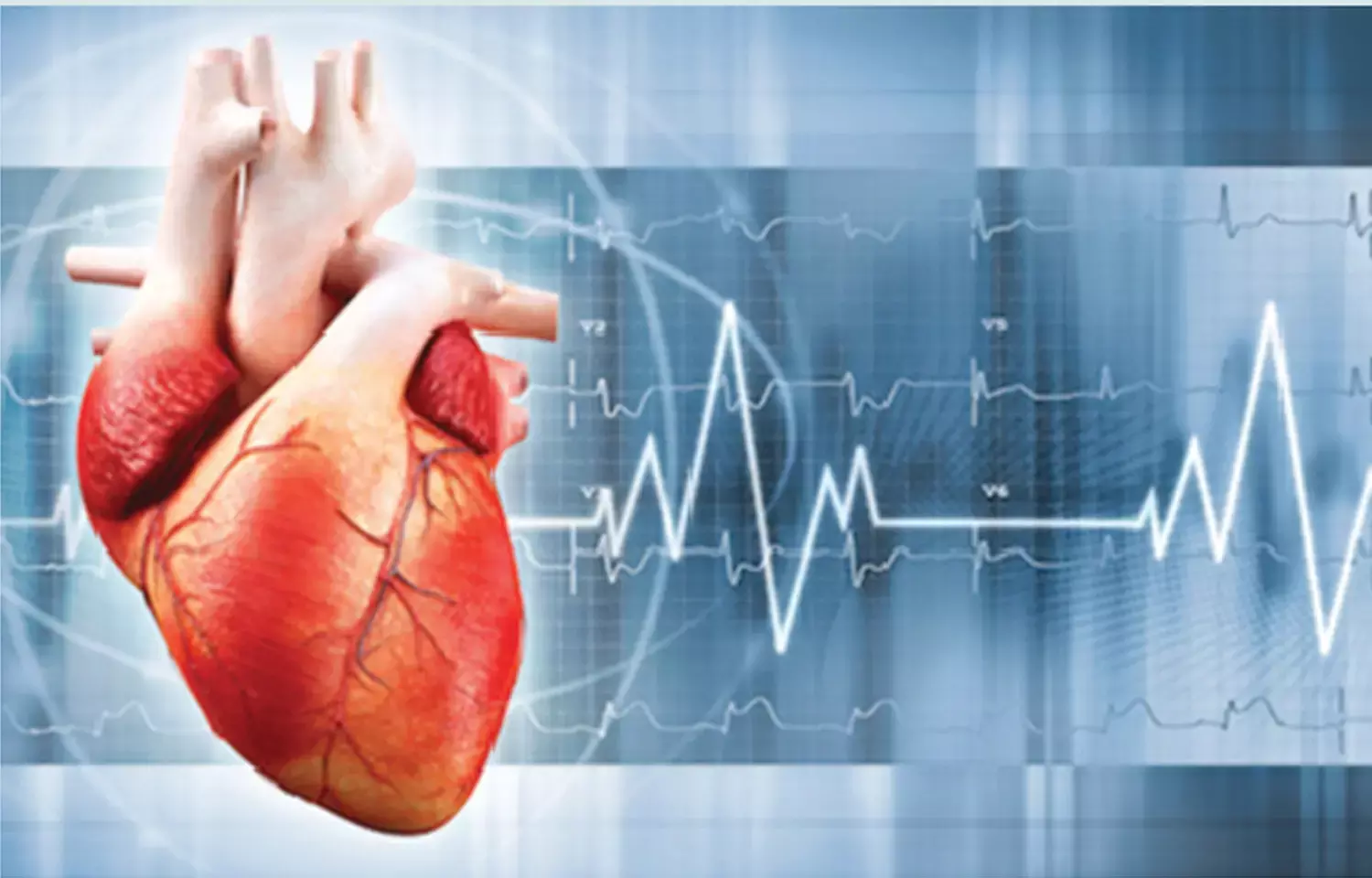- Home
- Medical news & Guidelines
- Anesthesiology
- Cardiology and CTVS
- Critical Care
- Dentistry
- Dermatology
- Diabetes and Endocrinology
- ENT
- Gastroenterology
- Medicine
- Nephrology
- Neurology
- Obstretics-Gynaecology
- Oncology
- Ophthalmology
- Orthopaedics
- Pediatrics-Neonatology
- Psychiatry
- Pulmonology
- Radiology
- Surgery
- Urology
- Laboratory Medicine
- Diet
- Nursing
- Paramedical
- Physiotherapy
- Health news
- Fact Check
- Bone Health Fact Check
- Brain Health Fact Check
- Cancer Related Fact Check
- Child Care Fact Check
- Dental and oral health fact check
- Diabetes and metabolic health fact check
- Diet and Nutrition Fact Check
- Eye and ENT Care Fact Check
- Fitness fact check
- Gut health fact check
- Heart health fact check
- Kidney health fact check
- Medical education fact check
- Men's health fact check
- Respiratory fact check
- Skin and hair care fact check
- Vaccine and Immunization fact check
- Women's health fact check
- AYUSH
- State News
- Andaman and Nicobar Islands
- Andhra Pradesh
- Arunachal Pradesh
- Assam
- Bihar
- Chandigarh
- Chattisgarh
- Dadra and Nagar Haveli
- Daman and Diu
- Delhi
- Goa
- Gujarat
- Haryana
- Himachal Pradesh
- Jammu & Kashmir
- Jharkhand
- Karnataka
- Kerala
- Ladakh
- Lakshadweep
- Madhya Pradesh
- Maharashtra
- Manipur
- Meghalaya
- Mizoram
- Nagaland
- Odisha
- Puducherry
- Punjab
- Rajasthan
- Sikkim
- Tamil Nadu
- Telangana
- Tripura
- Uttar Pradesh
- Uttrakhand
- West Bengal
- Medical Education
- Industry
Milrinone no better than dobutamine for treatment of cardiogenic shock: NEJM

Canada: A recent study found no significant differences with respect to the primary composite outcome or important secondary outcomes in cardiogenic shock patients administered with milrinone versus dobutamine. The study findings appear in the New England Journal of Medicine.
The primary outcome was a composite of in-hospital death from any cause, nonfatal myocardial infarction, resuscitated cardiac arrest, transient ischemic attack or stroke diagnosed by a neurologist, or receipt of a cardiac transplant or mechanical circulatory support. Secondary outcomes included the individual components of the primary composite outcome.
"No-between group difference was observed in the primary composite outcome or in important secondary outcomes," wrote the authors.
Cardiogenic shock is associated with substantial mortality and morbidity. The mainstay of medical therapy for cardiogenic shock is inotropic support, however, in clinical practice, not much evidence exists to guide the selection of inotropic agents. Considering this, Rebecca Mathew, University of Ottawa, Ottawa, Canada, and colleagues randomly assigned patients with cardiogenic shock to receive milrinone or dobutamine in a double-blind fashion.
A total of 192 participants (96 in each group) were enrolled.
The researchers found the following:
- The treatment groups did not differ significantly with respect to the primary outcome; a primary outcome event occurred in 49% of participants in the milrinone group and 54% in the dobutamine group (relative risk, 0.90).
- There were also no significant differences between the groups with respect to secondary outcomes, including in-hospital death (37% and 43% of the participants, respectively; relative risk, 0.85), resuscitated cardiac arrest (7% and 9%; hazard ratio, 0.78), receipt of mechanical circulatory support (12% and 15%; hazard ratio, 0.78), or initiation of renal replacement therapy (22% and 17%; hazard ratio, 1.39).
"Our findings showed that in patients with cardiogenic shock, no significant difference between milrinone and dobutamine was found with respect to the primary composite outcome or important secondary outcomes," concluded the authors.
Reference:
The study titled, "Milrinone as Compared with Dobutamine in the Treatment of Cardiogenic Shock," is published in the New England Journal of Medicine.
DOI: https://www.nejm.org/doi/full/10.1056/NEJMoa2026845
Dr Kamal Kant Kohli-MBBS, DTCD- a chest specialist with more than 30 years of practice and a flair for writing clinical articles, Dr Kamal Kant Kohli joined Medical Dialogues as a Chief Editor of Medical News. Besides writing articles, as an editor, he proofreads and verifies all the medical content published on Medical Dialogues including those coming from journals, studies,medical conferences,guidelines etc. Email: drkohli@medicaldialogues.in. Contact no. 011-43720751


